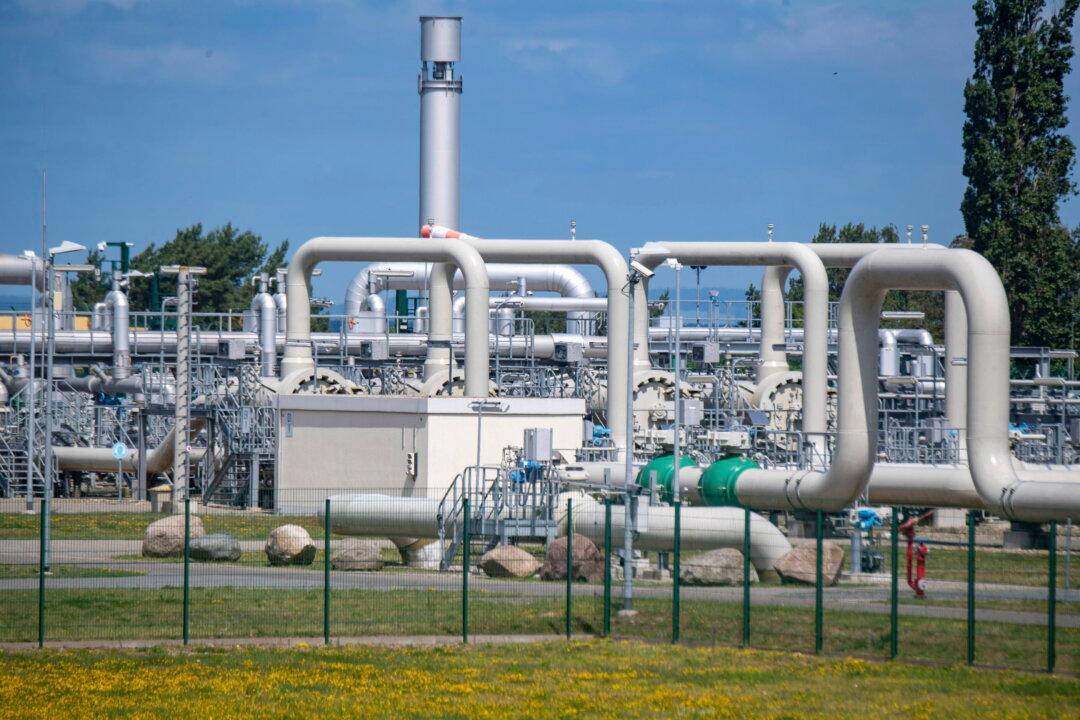Russian state-owned energy corporation Gazprom has scrapped plans to restart gas flows through its Nord Stream 1 pipeline to Germany, offering no answers as to when operations would resume back to normal.
On Aug. 19, Gazprom announced that it would stop gas flows through the pipeline between Aug. 31 and Sept. 2 due to routine maintenance. On Aug. 31, the company said that the temporary shutdown will only last for three days. Normal operations were due to resume at 0100 GMT on Saturday. But on Friday, Gazprom said that it could not safely restart gas deliveries as an oil leak in a critical turbine was not yet fixed. It is unknown when gas supplies would be resumed.





